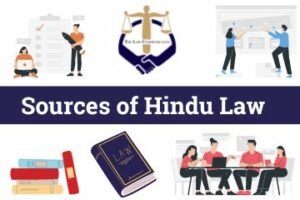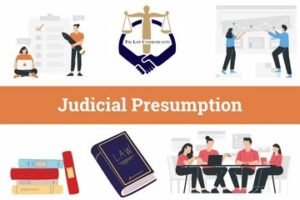Rise and fall of Article 370 and Article 35A of Constitution of India
Written By: Fiza Firdaus Ansari
This is a huge and historic decision. The special status of Jammu and Kashmir under article 370 has been revoked by presidential order.
What does this mean?
What impact does this have?
Is this a good thing or a bad thing?
You must have noticed that people are either fully supporting it or are completely against it.
When Pakistan attacked Jammu & Kashmir in 1947. Maharaja Hari Singh asked India for resistance to which India said “in what position we should help as Jammu & Kashmir is not a part of India” because of this on 26th October 1947. Maharaja Hari Singh an Indian government sign of Accession. This practice was used for other princely States with them too we sign the Instrument of Accession and integrated princely states into India Ben be signed instrument of association with maharaja Hari Singh since that day Jammu & Kashmir became an integral part of Indian after this Indian government sent their army in Jammu and Kashmir to remove the Pakistan Army from the territory this point, Sardar Vallabhai Patel believed, we should get into the state of war with Pakistan.
What Is Article 370?
It has a very long history when it was formulated article 370 was a medium of keeping ashmeade connected to India this article grand’s a special status to Kashmir due to which Kashmir was able to maintain a constitution of its own separate from the Indian constitution it could have a flag of its own separate from the Indian flag the powers of the Indian central government would initially be applicable only in 3 areas:-
- Central Affairs
- Defense
- Communications
Besides this article 370, there was another article 25A which define the prominent residents of Kashmir as no outsider was permitted to buy land or property in Kashmir or Avail of education scholarships or apply for government jobs.
What Happend Now?
The decision that has been taken right now hasn’t technically removed article 370 in contrast it has made use of article 37 itself to be clear it now and void there is a clause in the article that reads that this article can cease to exist.
That is this article can be declared null and void through a presidential order in consolidation whether construct went assembly of Jammu and Kashmir. So, the president and the state government of Jammu & Kashmir in which made can take this decision jointly. But the situation at present is that no state government exists there. No state assembly exists either because Jammu & Kashmir has been brought under the president’s rule.
So the power of the state government God transferred to the Parliament of India so the Parliament of India together can take a decision after the presidential order to declare article 370 null & avoid and this is prices Li what happened so after removal of article 370 article 35 disintegrates. So, the clause under article 35 also disintegrates.
What Does This Mean?
This decision means that there will be no separate constitution of jumbo anguish made and no separate flag the rest of Indians can buy land and property and Avail educational scholarships there and can apply for government jobs also. Technically because it is yet not clear whether things like buying lands would be allowed or not because there is a lot of state In our country like Himachal Pradesh and the North-eastern States where the rest of the Indians are not allowed to buy land there is a lot of reason for this, for instance, environmental reasons but the biggest question here is whether doing this was constitutional?
Was doing this right or wrong? Would do this lead to improved conditions in Kashmir or would it make things worse?
The repeal of articles 370 and 35A in Jammu & Kashmir was followed by internet shutdowns and restrictions on the movement of locals. The political leadership including Chief Minister Farooq Abdullah, Mehbooba Mufti, and Omar Abdullah, was placed under house arrest and slapped with the Public Safety Act.
Early this year, the Abdullah’s were released but Mufti remains under house arrest and the 4G Internet connection continues to remain blocked.
Parent provision and its offshoot
Article 370
Part of the Constitution ever since it came into effect, lays down that only two Articles would apply to J&K: Article 1, which defines India, and Article 370 itself. Article 370 says other provisions of the Constitution can apply to J&K “subject to such exceptions and modifications as the President may by order specify”, with the concurrence of the state government and the endorsement of the J&K Constituent Assembly.
Article 35A
Introduced by a Presidential Order of 1954, it empowers the J&K legislature to define a “permanent resident” of the state, and to provide special rights and privileges to those permanent residents.

About the Author
Fiza Firdaus Ansari
2nd year
B.B.A.LLB (Hons.)
Banasthali Vidyapith
Previous Posts
“Advocate Protection Bill 2021: An Overview”
Nuances Of Dispute Redressal Between Media And Technology
Trespass: a Paramount Tort in an Age Dominated by Negligence
Hindu Undivided Family: A System of living in India
Keywords
Article 370, Article 35A, Article 370, and Article 35A, Constitution of India




